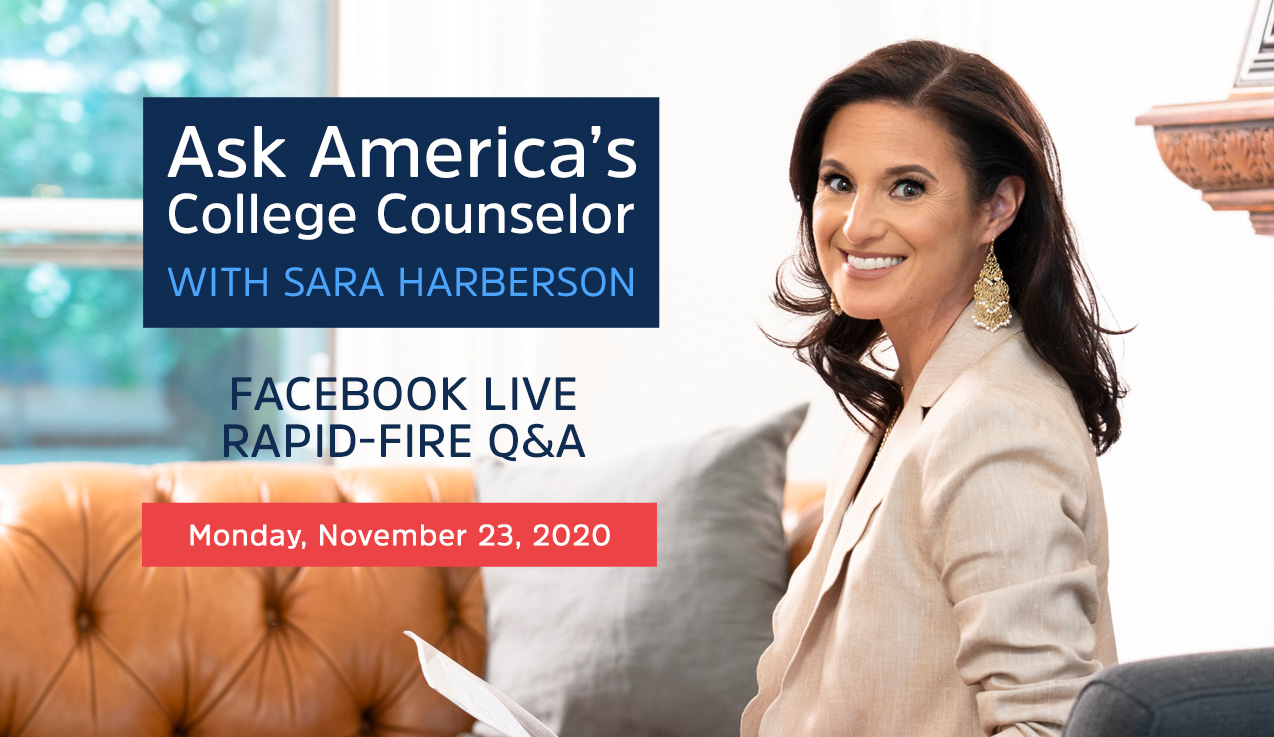Tulane University just flooded students' email accounts with an intriguing proposition. The university is encouraging students in their Early Action applicant pool to switch their application to Early Decision 2.
This is not the first time Tulane has done this. They do it every year. And there are plenty of other colleges bombarding students with emails to get them to apply. Let's break down the messaging and the odds to figure out if changing your application or applying is worth it.
1. Remember that every college's goal is to get a student to apply.
If they have your email address, they'll use it. Sometimes they will even tailor their message so it seems like you are a shoe-in for an acceptance. And maybe you are. But just because a college wants you to apply doesn't necessarily mean there will be an acceptance. They simply want your application to increase their pool and lower their acceptance rate in the process.
2. Many colleges are waiving the application fee or offering "fast track" applications.
This can save the family money and the student time. But again, the college is not doing it to be generous; they want the application even more than the money.
3. Any college with an Early Decision program wants to increase that applicant pool and will do anything they can to get more students to apply this way.
The Early Decision pool is typically a fraction of the college's Early Action and/or Regular Decision applicant pools. They rely heavily on Early Decision so the more applicants they have, the more they can secure a significant portion of their freshman class.
Remember that a college's yield rate increases significantly (and their acceptance rate can decrease too!) with an Early Decision acceptance as it is "1 for 1" for them. Meaning if they admit a student in ED, that student will enroll. If they admit a student in Early Action or Regular Decision, they often have to admit two, three, four, or even five more students just to get one of them to enroll. This increases their acceptance rate, so they much prefer when a student applies Early Decision.
4. If a college has two rounds of Early Decision, their Early Decision 2 applicant pool is typically smaller (and sometimes significantly smaller).
There is even more pressure on a college to increase the total number of applications for ED2. That's why Tulane targeted students to switch their applications to ED2. (Bonus: 10 Essential Facts About Early Decision 2)
5. Once the college receives your application, the email assault tends to slow down significantly or stop altogether.
The college got what they wanted even though the student tends to feel uncertainty due to the lack of communication all of a sudden. Don't worry. This is how most colleges behave. It doesn't mean you aren't competitive or won't get admitted.
Related reading: Got College Mail? Here's What It Means
Seeing through a college's communication, marketing, and recruitment strategies is empowering. Once you know what they are doing, you can make more thoughtful decisions for yourself. Just because a college sends you what appears to be a personal message to apply or change the status of when you apply, doesn't mean you should. Stick to your plan and stay in your lane, knowing that the colleges and others may not.












